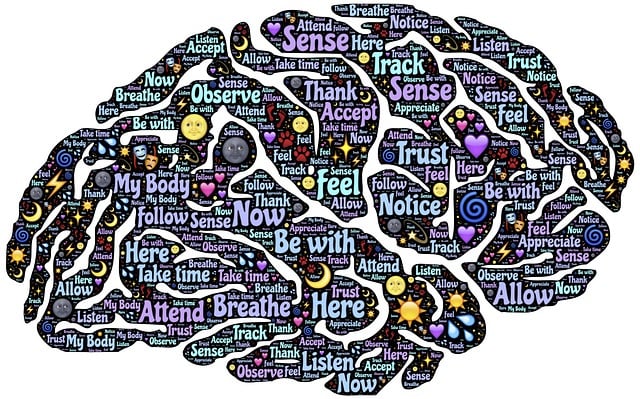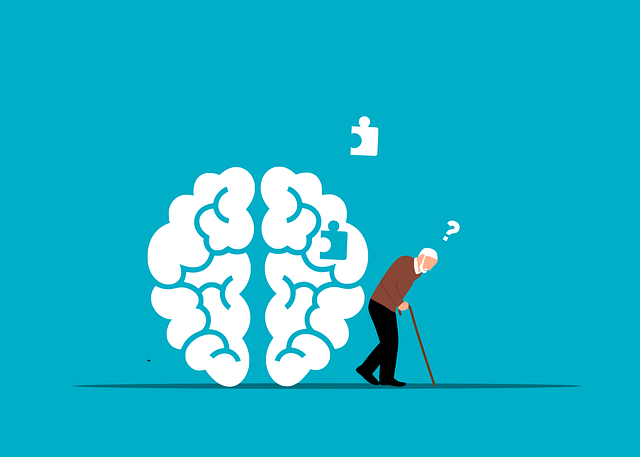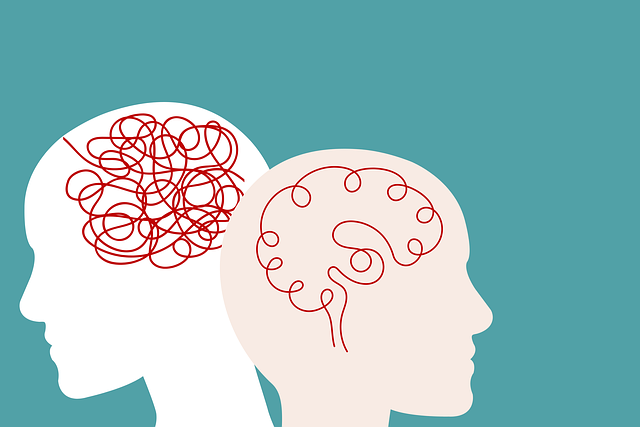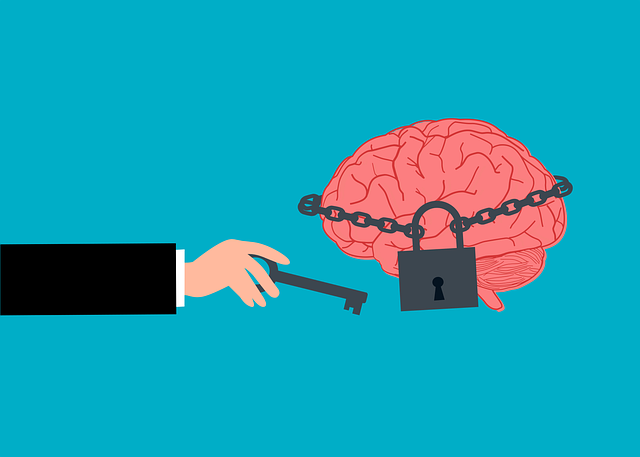Mindfulness meditation is a powerful tool in Golden Sexual Addiction Therapy (GSAT), helping individuals recover from addiction by focusing on present moments, observing thoughts and emotions without judgment, and improving emotional regulation. At-home mindfulness practice involves creating a dedicated space, setting a consistent routine, and using techniques like guided meditation based on Mind Over Matter Principles. Regularity leads to benefits such as stress reduction, enhanced focus, and improved mind-body awareness, supporting both mental health policy advocacy and GSAT. Mindfulness cultivates inner peace, helps manage addiction, and strengthens support networks through active listening and empathy.
Unwind your mind and embrace mindfulness as a powerful tool for healing and transformation, especially in the context of Golden Sexual Addiction Therapy. This article guides you on a journey towards understanding and practicing mindfulness meditation, offering strategies to integrate this ancient technique into your daily routine. From setting up a peaceful home practice to incorporating mindfulness into everyday activities, you’ll discover how to enhance mental health and well-being, finding balance and peace within.
- Understanding Mindfulness Meditation for Golden Sexual Addiction Therapy
- Setting Up a Successful Mindfulness Meditation Practice at Home
- Incorporating Mindfulness into Daily Life for Improved Mental Health and Well-being
Understanding Mindfulness Meditation for Golden Sexual Addiction Therapy

Mindfulness meditation is a powerful tool within Golden Sexual Addiction Therapy (GSAT), offering a path to healing and transformation for those seeking to overcome sexual addiction. By focusing on the present moment, individuals can learn to observe their thoughts and emotions without judgment, fostering better emotional regulation and anxiety relief. This practice encourages a deeper connection with one’s body, allowing for an understanding of underlying triggers and desires that contribute to addictive behaviors.
Through regular meditation, GSAT clients engage in emotional healing processes, cultivating a sense of inner calm and clarity. By embracing mindfulness, they develop the skills to navigate intense cravings and emotions, making informed choices and fostering healthier relationships. This ancient practice provides a sanctuary from the chaos of daily life, enabling individuals to explore their minds and bodies with curiosity and self-compassion, ultimately leading to lasting recovery and personal growth.
Setting Up a Successful Mindfulness Meditation Practice at Home

Setting up a successful mindfulness meditation practice at home is within reach for everyone. Start by carving out a dedicated space that feels calming and inviting. This could be a quiet corner of your bedroom or a cozy area in your living room. Equip this space with comfortable seating, like a cushion or a soft chair, and ensure good lighting. Consider adding elements that promote relaxation, such as greenery, scented candles, or soothing art.
Once your physical environment is set, prioritize establishing a consistent routine. Choose a time each day when you can dedicate 10-20 minutes to meditation. The Mind Over Matter Principles guide this practice, emphasizing the power of focus and presence in the moment. Regularity fosters consistency, which is key to reaping the benefits of mindfulness. Remember, even brief daily sessions can significantly contribute to your overall well-being, helping to reduce stress, enhance focus, and cultivate a deeper awareness of both mind and body—a valuable aspect of Mental Health Policy Analysis and Advocacy efforts aimed at promoting holistic mental wellness. Avoid letting distractions derail your practice; be patient with yourself and embrace the process as you explore this ancient yet modern path towards inner peace, especially in addressing challenges like sexual addiction as part of Golden Sexual Addiction Therapy.
Incorporating Mindfulness into Daily Life for Improved Mental Health and Well-being

Incorporating mindfulness into daily routines can significantly enhance mental health and overall well-being. It’s a powerful tool that allows individuals to cultivate present-moment awareness, which is essential for managing stress, anxiety, and even addiction, including sexual addiction as addressed by Golden Sexual Addiction Therapy. By practicing mindfulness meditation, one can develop a deeper connection with their thoughts and emotions without judgment. This simple yet profound act enables individuals to become more attuned to their mental wellness, fostering an environment where negative patterns can be recognized and challenged.
Mindfulness is not limited to formal meditation sessions; it can be seamlessly integrated into everyday activities such as walking, eating, or even journaling (Mental Wellness Journaling Exercise Guidance). This continuous practice strengthens one’s ability to respond mindfully rather than reacting impulsively to stressors. Additionally, communication strategies that promote active listening and empathy can further enhance mental wellness by fostering deeper connections with others, providing support networks crucial for emotional well-being.
Mindfulness meditation offers a powerful tool in the fight against Golden Sexual Addiction Therapy, helping individuals cultivate present-moment awareness and develop healthier relationships with their thoughts and desires. By integrating mindfulness into daily routines through practices like those outlined in this article—from structured home sessions to everyday mindful moments—people can enhance mental health, promote well-being, and embark on a transformative journey towards recovery and balanced living.














